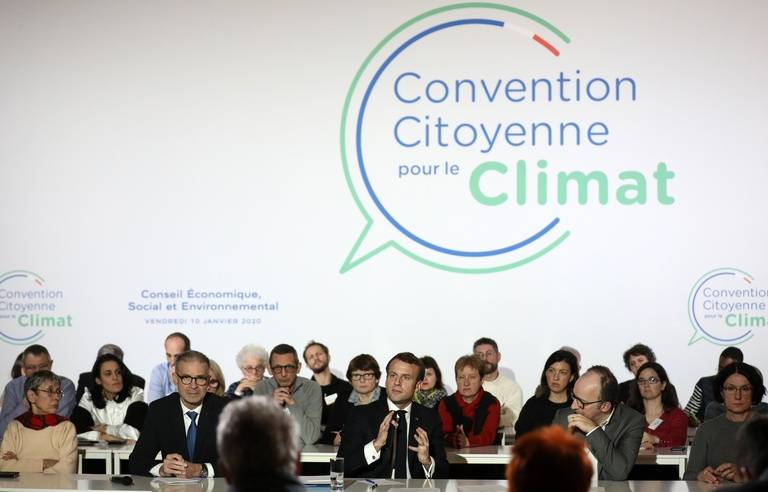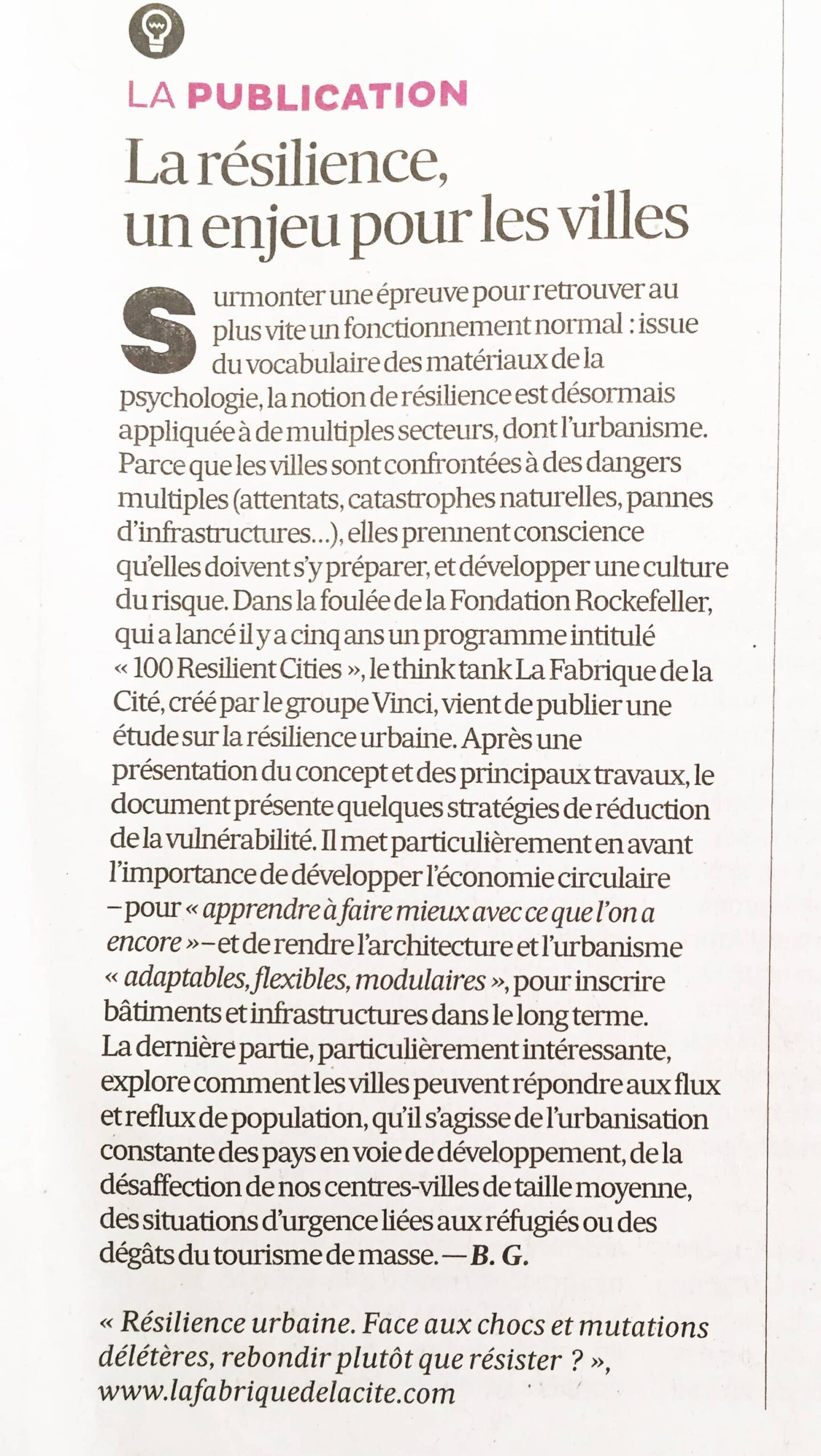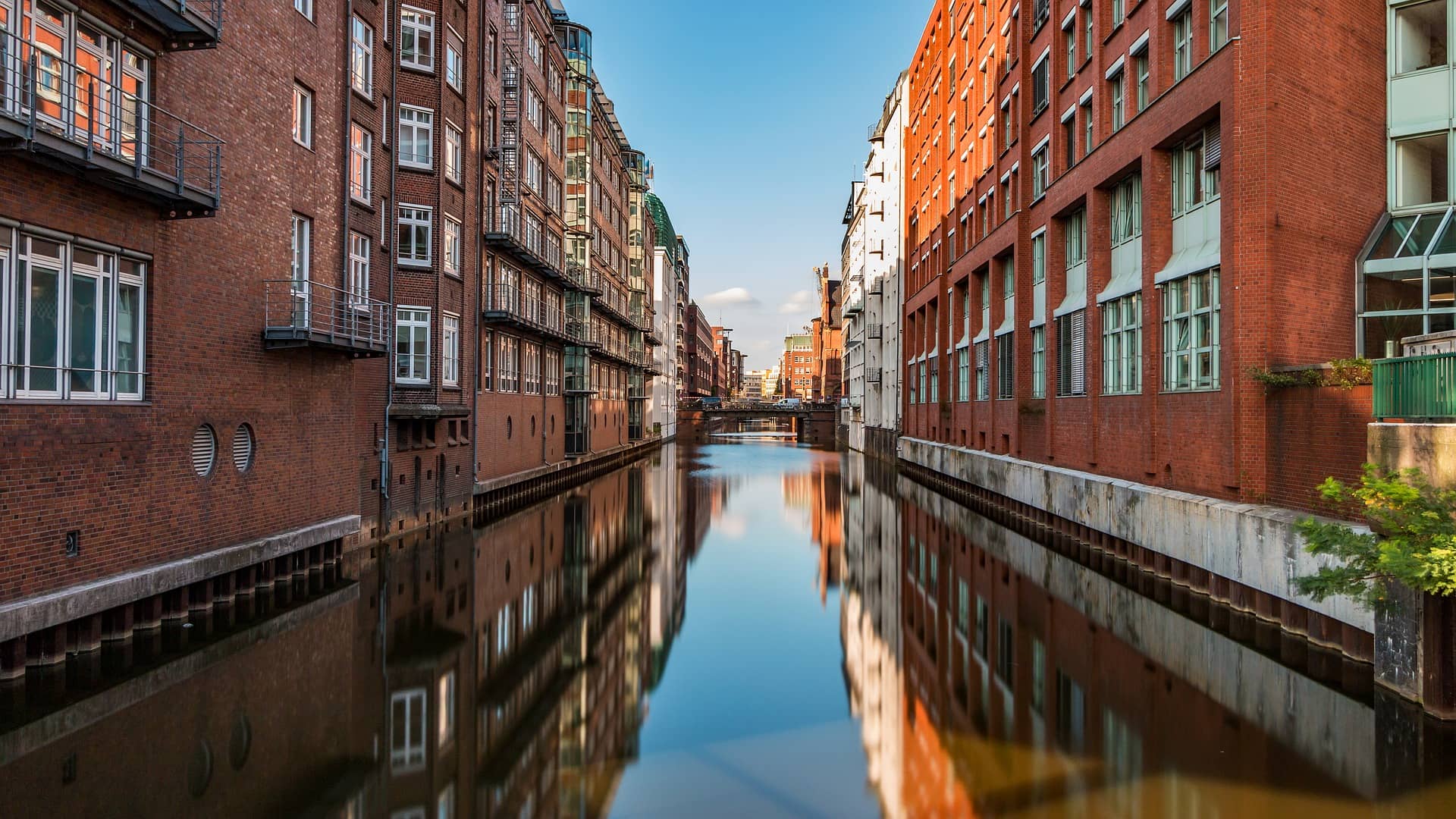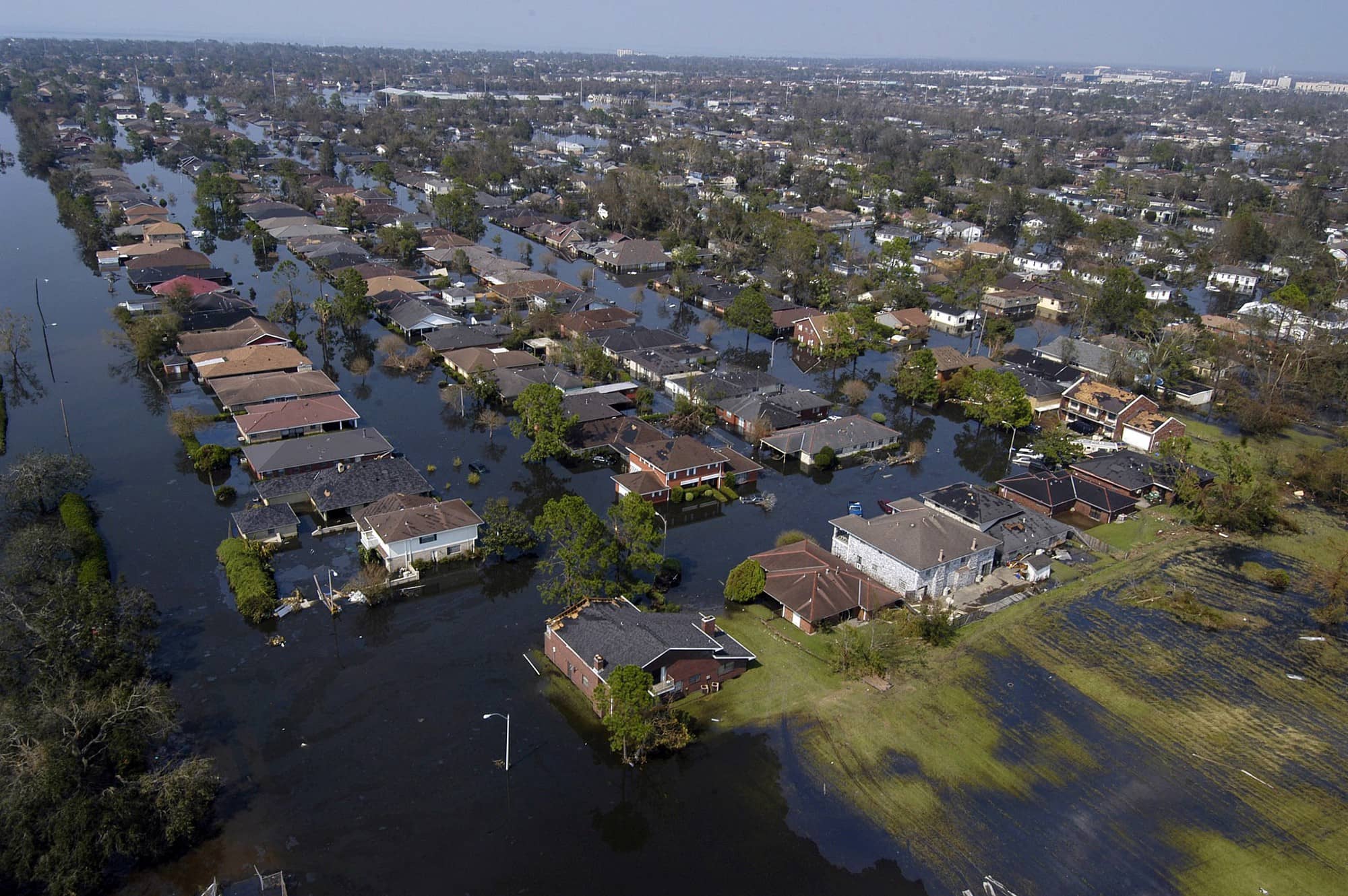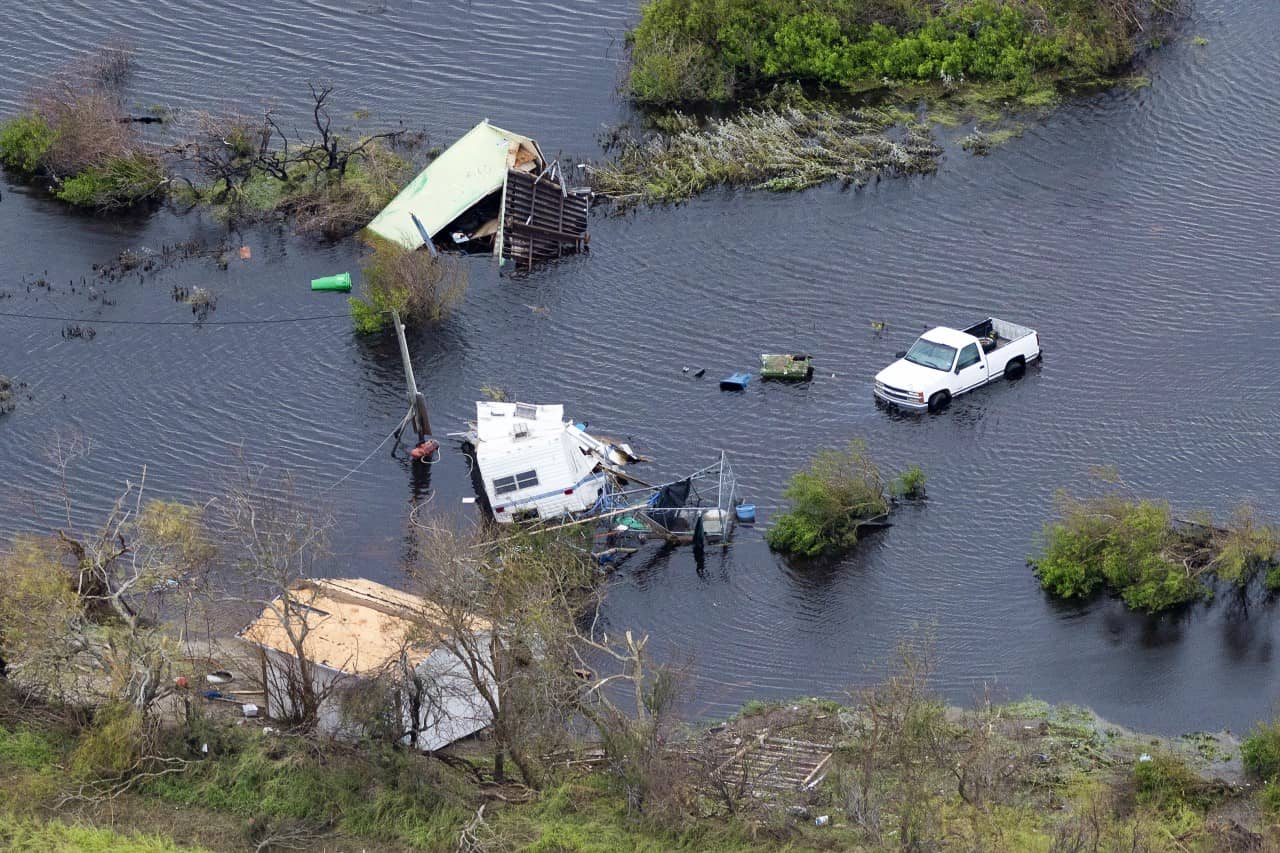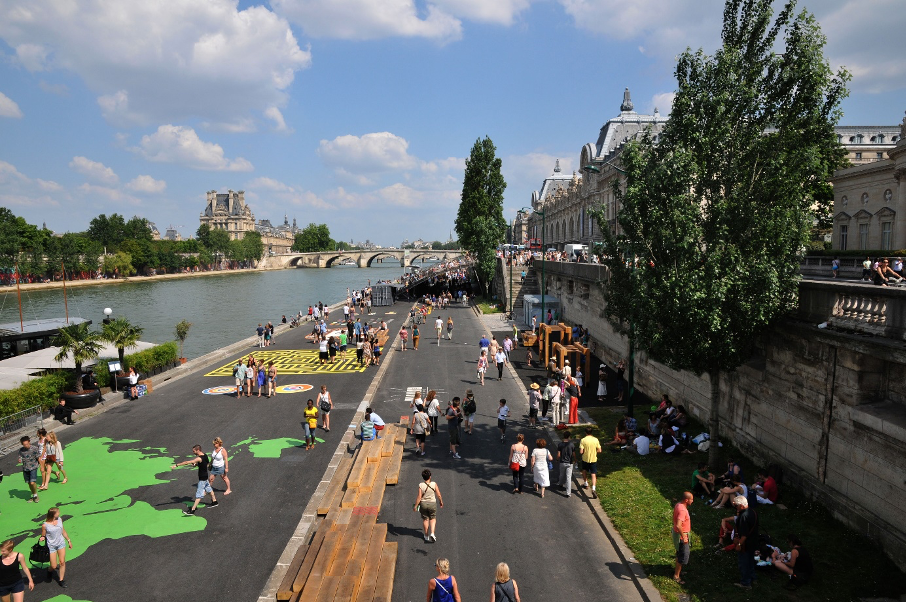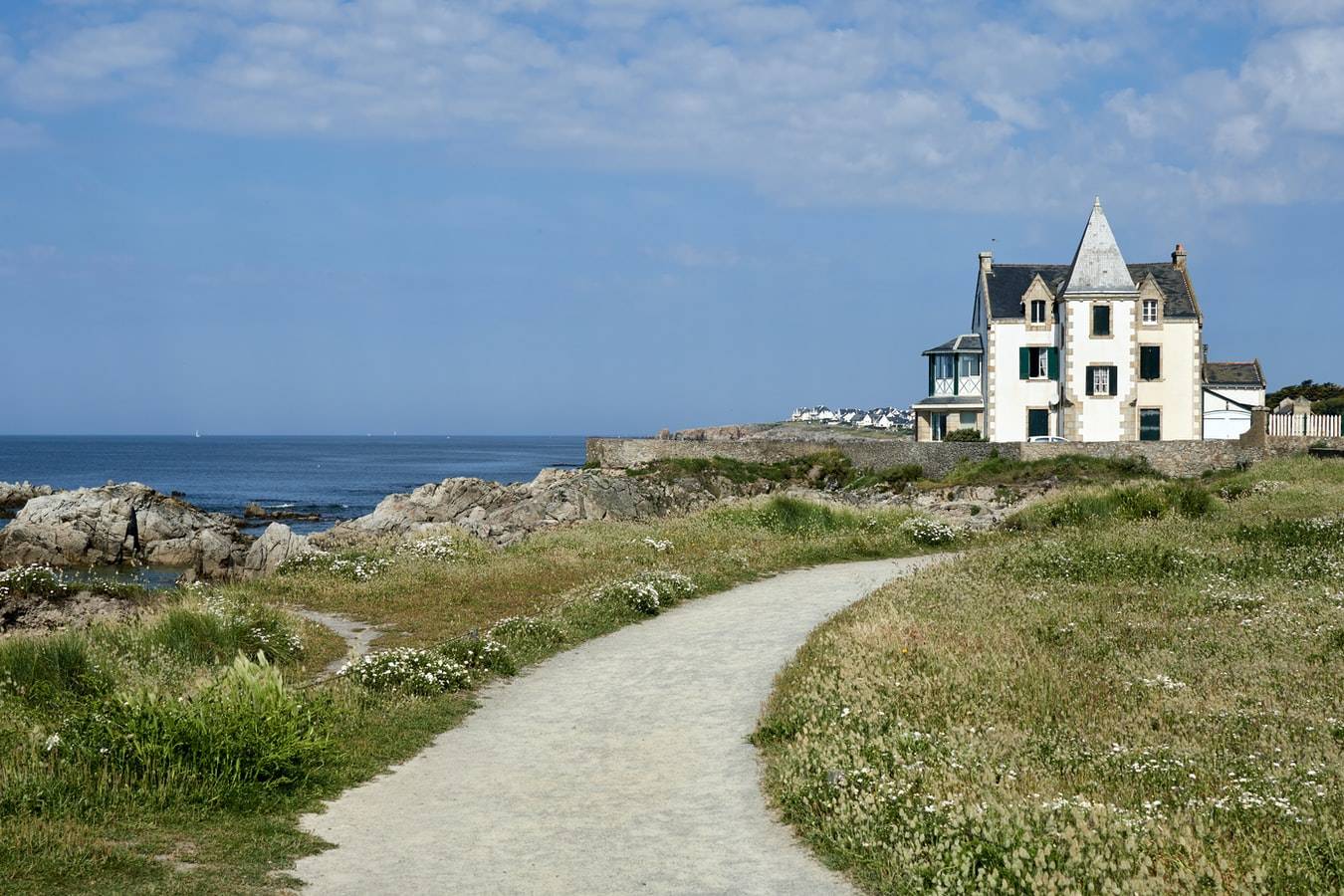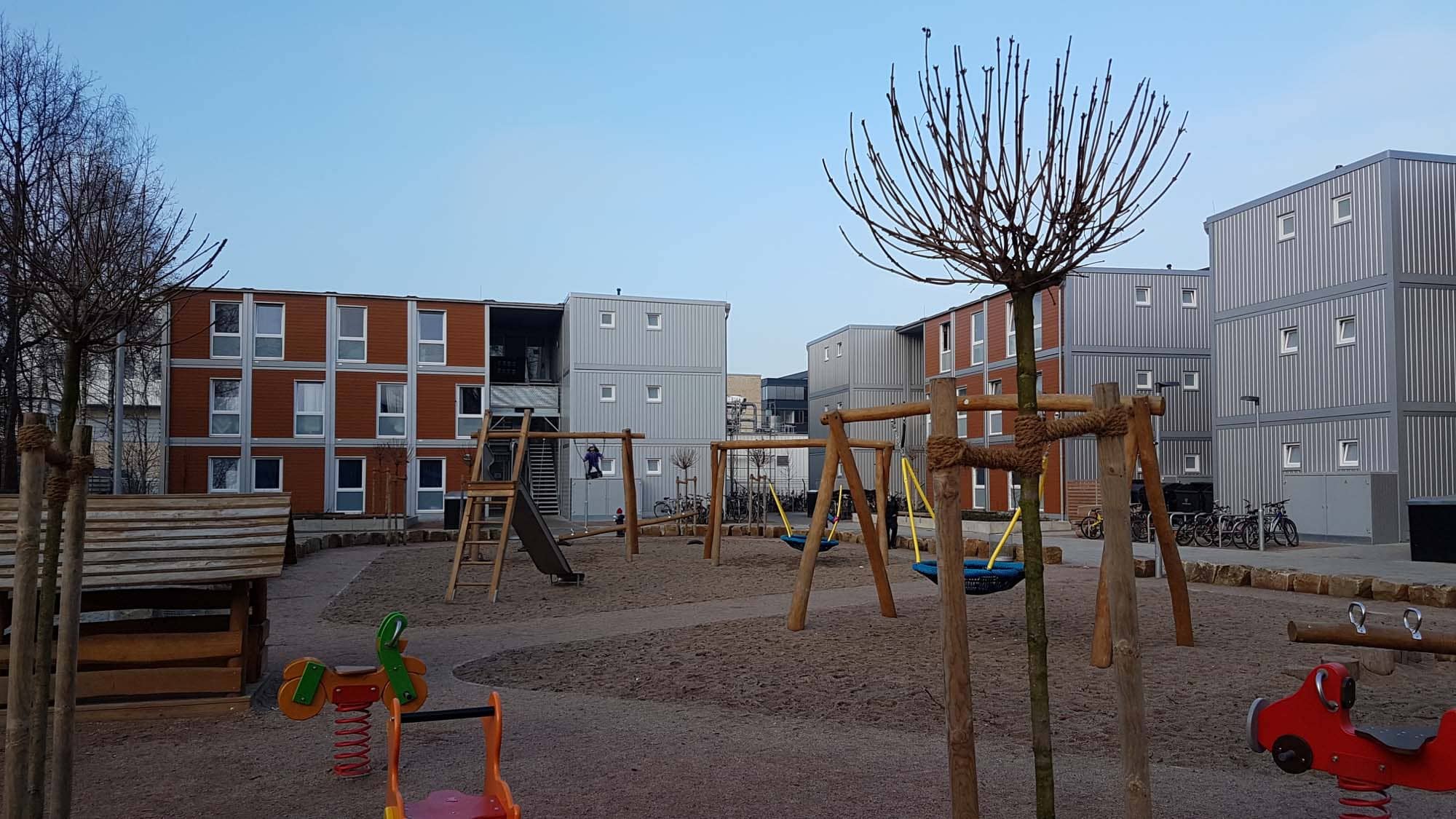“What is the operationality of the concept of resilience?” asked Chloë Voisin-Bormuth, Director of Research at the City Factory, on 12 February 2020 at the Abu Dhabi World Urban Forum. This question may come as a surprise: since many cities have come to Abu Dhabi to present their resilience strategies and the Rockefeller Foundation has announced the creation of its new network of resilient cities, the Global Resilient Cities Network, can there be any doubt that resilience is an effective driver for action? Certainly not, said Chloë Voisin-Bormuth: there is no doubt that the concept of resilience has made it possible to overcome many of the difficulties associated with a risk management in pursuit of a zero-risk ambition – in particular that of being able to take action even if everything cannot be controlled and to bring together very different players around a program of cross-cutting actions.
However, the appeal of the concept of resilience is precisely what risks limiting its operationality. Indeed, resilience offers a very positive and rewarding project: to succeed in resisting and adapting to a shock and, beyond the shock, to become better (build back better). But Chloë Voisin-Bormuth has shown that focusing only on this dimension of resilience risks leading to various dead ends: on the one hand, that of distributing the good points (for those who are resilient) and the bad points (for those who cannot be resilient) without analysing the structural reasons that explain the capacity to overcome a shock; on the other hand, that of avoiding asking the complex and highly political question of acceptable risk when the very richness of the concept of resilience comes from the fact that it assumes the loss resulting from the shock; finally, that of reducing resilience to a technical project and a series of good practices, when resilience is above all a social project at the centre of which is the human factor.
The operationality of resilience is real, as the cities’ presentations at the World Urban Forum have shown. However, like any social project, its presuppositions must be made explicit and be the subject of a real debate. The cases of Pittsburgh and Hamburg are particularly inspiring in this respect, recalled Chloë Voisin-Bormuth. In this sense, the strengthening of the various networks of resilient cities and their extension to other partnerships, including civil society, is good news: the exchange of experience and the critical distance thus made possible can serve as a basis for this necessary debate.


